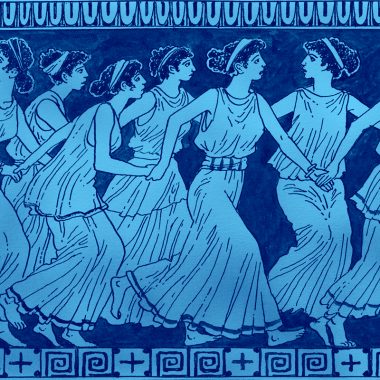Timber vs. Lumber: Split The Difference
Timber and lumber sound a lot alike, and they both generally refer to the same thing: wood. But when exactly is wood considered timber and when is it considered lumber? Join us as we split the differences between the meanings of timber and lumber, cover the ways they overlap, and explain why timberjack (yes, it’s a word) might be more accurate than lumberjack. Hint: there’s …











